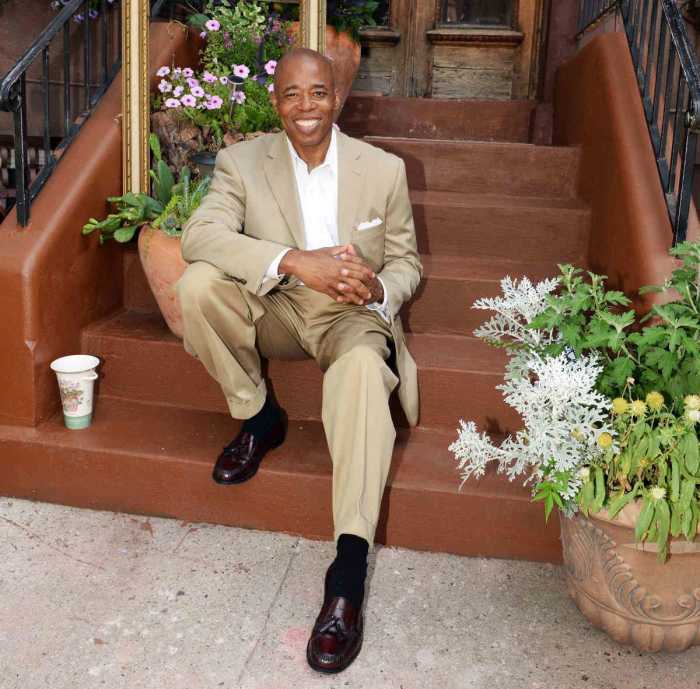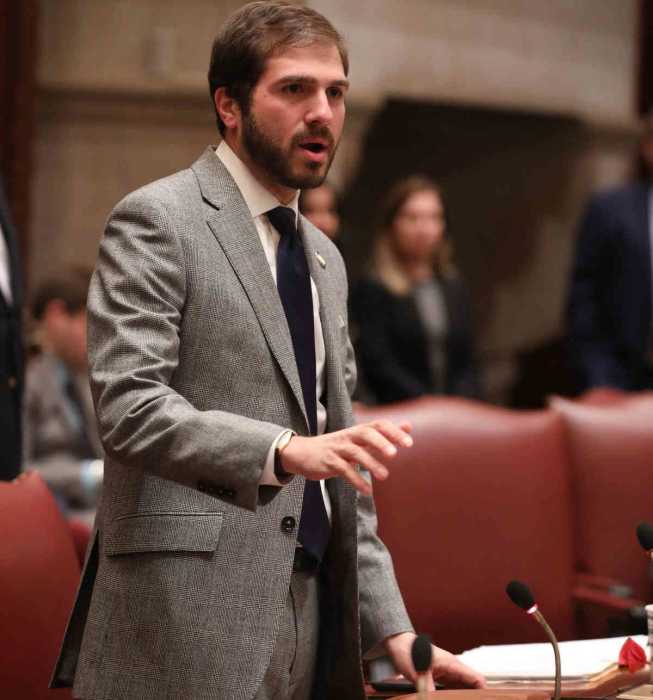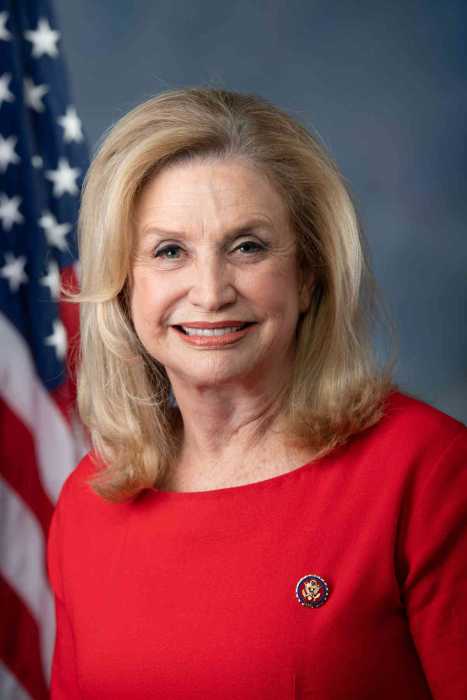In this year’s Mayoral election, much of the ink and oxygen has gone to Andrew Yang. I assume he will vote for himself, which will be the first time he had enough incentive to vote for Mayor. This despite being eligible to do so in the past five NYC mayoral elections since 2001. While I’m glad to see he’s finally showing an interest in local government, I think his past indifference is disqualifying. He, and his campaign, make the point that large numbers of New Yorkers don’t vote, and therefore he is relatable. Well, that may be, but it’s not very relatable to run for Mayor with the backing of multiple billionaires and the appellation of being an “empty” vessel. But no matter what Andrew Yang, a Brooklyn Paper columnist, or anyone else says, we’ll soon find out how relatable that is.
As I type, 424 days after shutting down, we are 34 days from picking our next Mayor. When I taught political science, students would ask what I thought would happen in an election. I liked to quote Niels Bohr and say, “Prediction is very difficult, especially if it’s about the future.”. However, with a great deal of confidence, I can say that nobody is going to win without going multiple rounds into the ranked-choice voting(RCV) procedure. The sparse polling shows that 25% of voters are still undecided, and no candidate, even in their best showing, gets even 25% support.
In a recent poll from WPIX/ Emerson, Brooklyn Borough President Eric Adams got 17.5% of the first-choice votes, followed by Andrew Yang. He received 15.4%, Stringer at 15.1 Kathryn Garcia received 7.8 percent. After multiple rounds, when ranked-choice voting came into play, the poll had the final two coming down to Adams and Yang, with Adams prevailing. While this is a good poll for Adams, it’s a weak one for Yang as he lost 17 percent from the last polls Emerson conducted. Stringer’s showing highlights that he may still have a path to become the Mayor despite diminishing institutional support.
Aside from any surprising individual results, this, and all the polling, show why RCV may be the best way to stabilize the electorate and help save our city. Right now, people are, as is often the case, more certain about what they don’t want than what they do want. So, with RCV taking electoral spoiling off the table, there’s a real chance that a general preference shared by me for progressive policies will carry the day.
At this point, I’m cautious about predicting that progressive outcome, but it is my preferred outcome, and, as mentioned last week, I’ll have Kathryn Garcia first on my ballot. Still, she will be followed by those running in the progressive lane.
Whatever your preference, every New Yorker eligible to vote in the primary should do so and prove to Andrew Yang that he just isn’t so relatable.

























